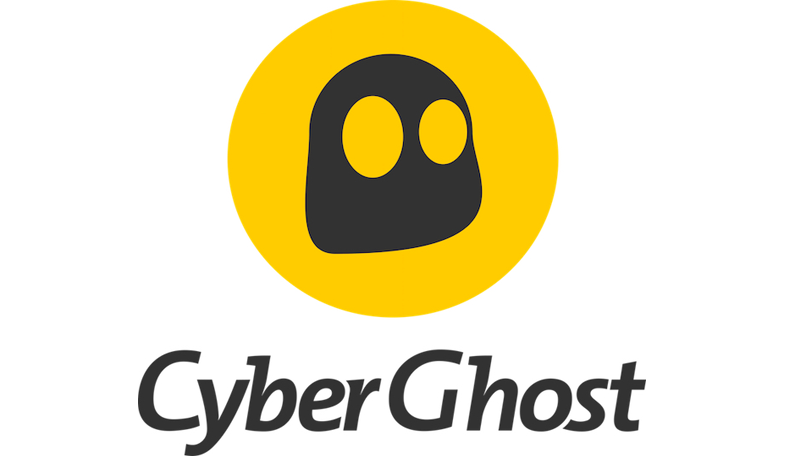#10 Worst VPN Scams to Avoid in 2025
🚨 Avoid VPNs that log your data, inject malware, or sell your private information. Some of the worst offenders include:
❌ Betternet VPN – Known for bundling malware and tracking user activity
❌ Cross VPN – Detected by 11 antivirus engines for trojans
❌ VPNBook – Logs IP addresses and timestamps, violates privacy
We Recommend ExpressVPN — it’s the safest, fastest, and most private VPN we’ve tested. Try it free via the link below.
VPNs are meant to secure your connection, protect your identity, and provide internet freedom. But not all VPNs are safe. In fact, some are designed to exploit your trust.
From malware-infested free apps to data-selling schemes, the wrong VPN can do more harm than good. Below is a comprehensive list of VPN scams and fake providers to avoid at all costs.
1. Free VPNs That Sell Your Data
They’re free for a reason. These VPNs monetize by selling your:
- Browsing activity
- IP address
- Device fingerprint
They may also inject ads and track your activity. Always opt for a paid, no-log VPN.
2. Fake VPNs & Browser Extensions
Some malicious extensions pretend to be VPNs but actually:
- Route your traffic through compromised servers
- Steal login credentials
- Install spyware or keyloggers
Avoid unknown VPN apps or .exe files from random websites.
3. VPNs That Log Your Activity
A true VPN should have a no-logs policy. Logging VPNs track:
- Your IP address
- Websites visited
- Connection duration
This data is often sold or handed over to authorities. Always read the privacy policy before trusting a VPN.
4. Hacked or Insecure VPN Providers
Some VPN services have suffered major data breaches. Once hacked:
- Your login details are exposed
- Hackers can intercept your traffic
- All your private activity is at risk
Choose a VPN with secure infrastructure and audited protocols.
5. Phishing Scams Using Fake VPN Websites
Scammers replicate the look of legit VPN websites to steal:
- Credit card info
- Login credentials
- Personal details
Always double-check the domain name and only buy from official sources.
6. DNS Leaks That Reveal Your Identity
Poorly built VPNs fail to mask your DNS queries. This means:
- Your ISP still sees your activity
- Streaming sites can detect your real location
- Your anonymity is compromised
Look for DNS leak protection in your VPN settings.
7. Malware Disguised as VPNs
Some shady VPNs infect your device with:
- Ransomware
- Spyware
- Trojans
CrossVPN was flagged by 11 antivirus engines for such threats. Never install from unknown third-party sites.
8. Limited Bandwidth & Throttling
Many free or low-cost VPNs impose:
- Monthly data caps
- Speed limits
- Streaming restrictions
These make them useless for watching videos, gaming, or downloading large files.
9. Fake Server Locations
Some VPNs lie about server locations. Instead of connecting you to the UK, they:
- Route traffic through nearby countries
- Result in slower speeds and blocked content
Use trusted VPNs with verified physical servers.
10. Outdated Encryption Protocols
Using obsolete protocols like PPTP is a red flag. This makes you vulnerable to:
- Man-in-the-middle attacks
- Easy decryption of data
- Complete identity exposure
Look for VPNs offering AES-256 encryption and protocols like OpenVPN or Lightway.
- Betternet VPN – Loaded with trackers and malware. Constant logging.
- Cross VPN – High malware detection score and trojan behavior.
- VPNBook – Logs IP addresses and timestamps. Shows geo-targeted ads.
These VPNs may look appealing, but they undermine your privacy and expose you to serious threats.
VPNs are essential tools for online privacy, but not all VPNs are created equal. Choosing the wrong one can expose your identity, slow your connection, or even infect your device.
✅ Stay away from free, shady, or fake VPNs
✅ Always check privacy policies and encryption standards
✅ Use trusted providers like ExpressVPN with proven track records
Skip the scams. Use ExpressVPN — a secure, fast, and zero-log VPN trusted by millions. Protect your data, stream freely, and browse anonymously.
Try ExpressVPN Risk-Free Today
I'm a technology cyber expert and VPN expert. I love to stay up-to-date on the latest tech trends and explore new ways to use technology to improve my life. I also enjoy writing about these topics.
Peace ✌️


